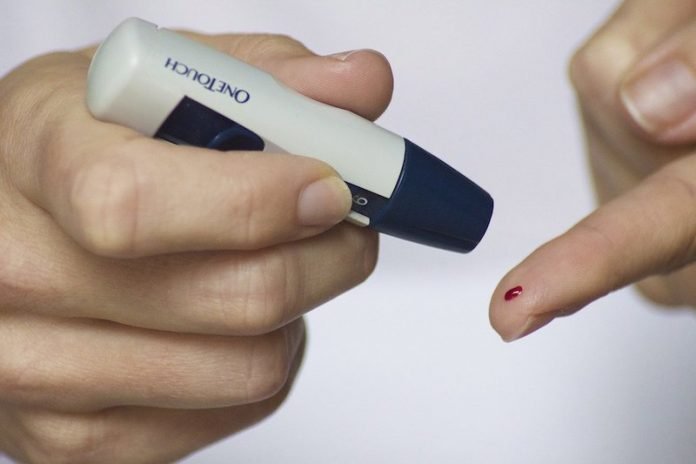
In a new study, researchers found that a form of intermittent fasting, called time-restricted eating, could benefit people who have high risks of diabetes or heart disease.
The research was conducted by a team from the University of California San Diego and elsewhere.
Metabolic syndrome is the name for a group of risk factors, such as high blood pressure and cholesterol levels, that increase the risk for adverse health issues, from heart disease and diabetes to stroke.
Eating healthier, getting more exercise and taking prescribed medications when needed are common remedies but often prove insufficient to fully managing risks.
In addition, it is very hard to get patients with pre-diabetes or metabolic syndrome to make lasting and meaningful lifestyle changes.
There is a critical window for intervention with metabolic syndrome. Once people become diabetic or are on multiple medications, such as insulin, it’s very hard to reverse the disease process.
Because metabolism is closely linked with circadian rhythms, the researchers were able to develop an intervention to help patients with metabolic syndrome without decreasing calories or increasing physical exercise.
Time-restricted eating (eating all calories within a consistent 10-hour window) allows individuals to eat in a manner that supports their circadian rhythms and their health.
Circadian rhythms are the 24-hour cycles of biological processes that affect nearly every cell in the body.
Erratic eating patterns can disrupt this system and induce symptoms of metabolic syndrome, including increased belly fat and abnormal cholesterol or triglycerides.
In the study, the team reported that time-restricted eating improved the health of study participants who had been diagnosed with metabolic syndrome.
They tested 19 people diagnosed with metabolic syndrome, with 16 taking at least one medication, like a statin.
They found that when participants restricted their eating to 10 hours or less over a period of 12 weeks, they lost weight, reduced abdominal fat, lowered blood pressure and cholesterol and enjoyed more stable blood sugar and insulin levels.
The team says eating and drinking everything (except water) during a 10-hour window allows the body to rest and restore for 14 hours at night.
The body can also anticipate when to eat, so it can prepare the body to optimize metabolism.
One author of the study is Pam Taub, MD, an associate professor of medicine at UC San Diego School of Medicine.
The study is published in Cell Metabolism.
Copyright © 2019 Knowridge Science Report. All rights reserved.



